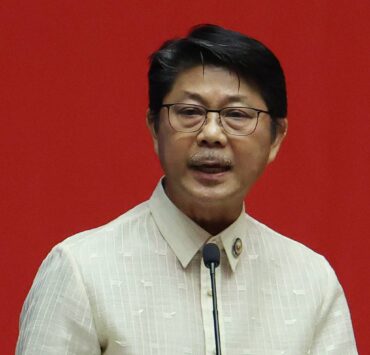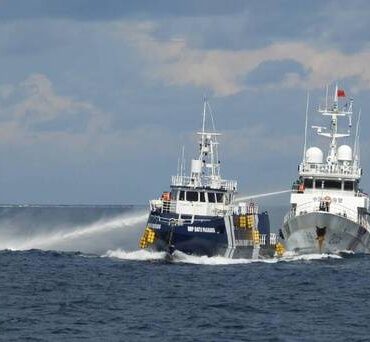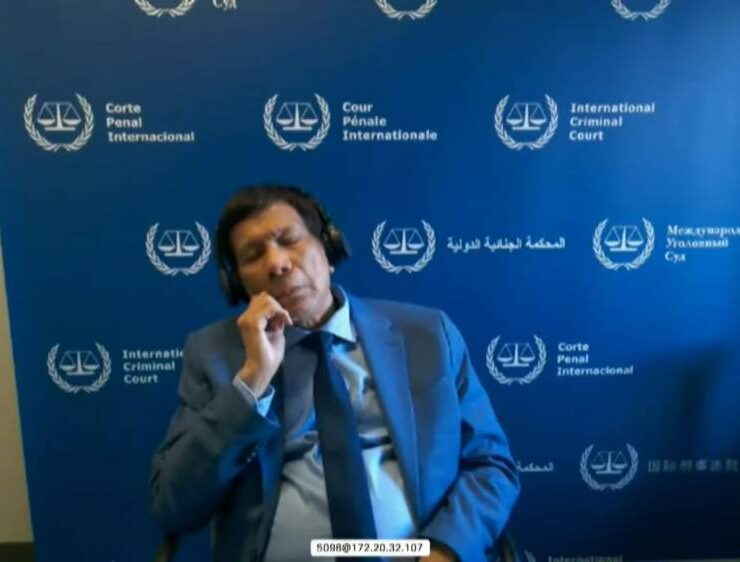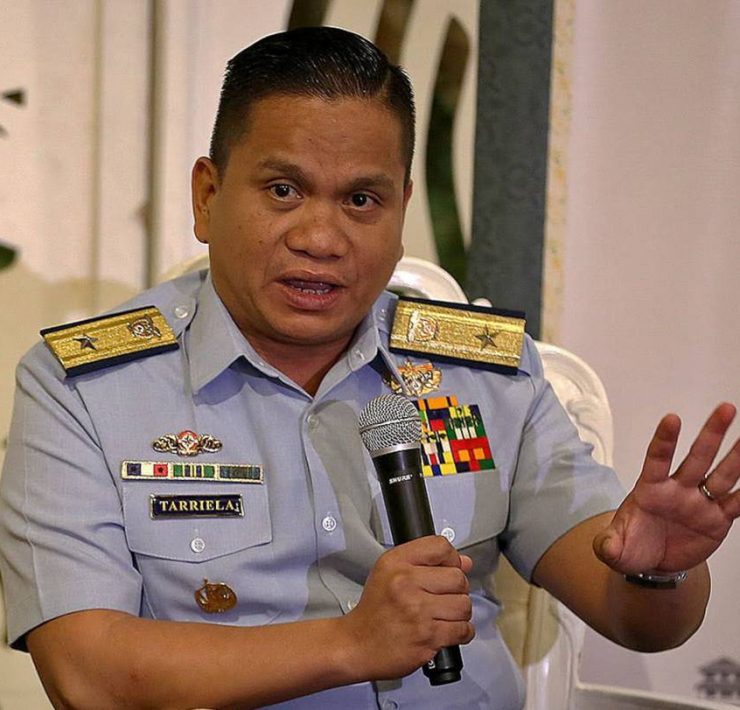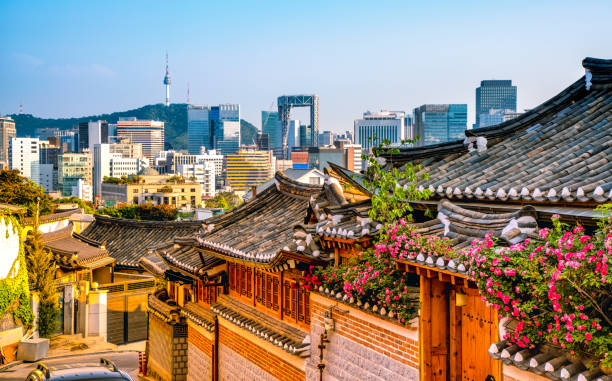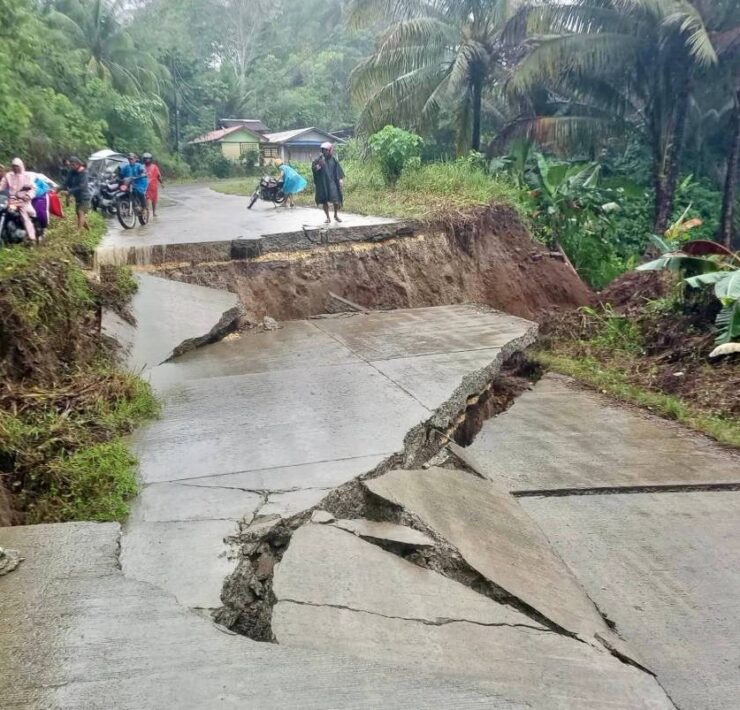ICI, DOJ vow cases filed soon over flood works
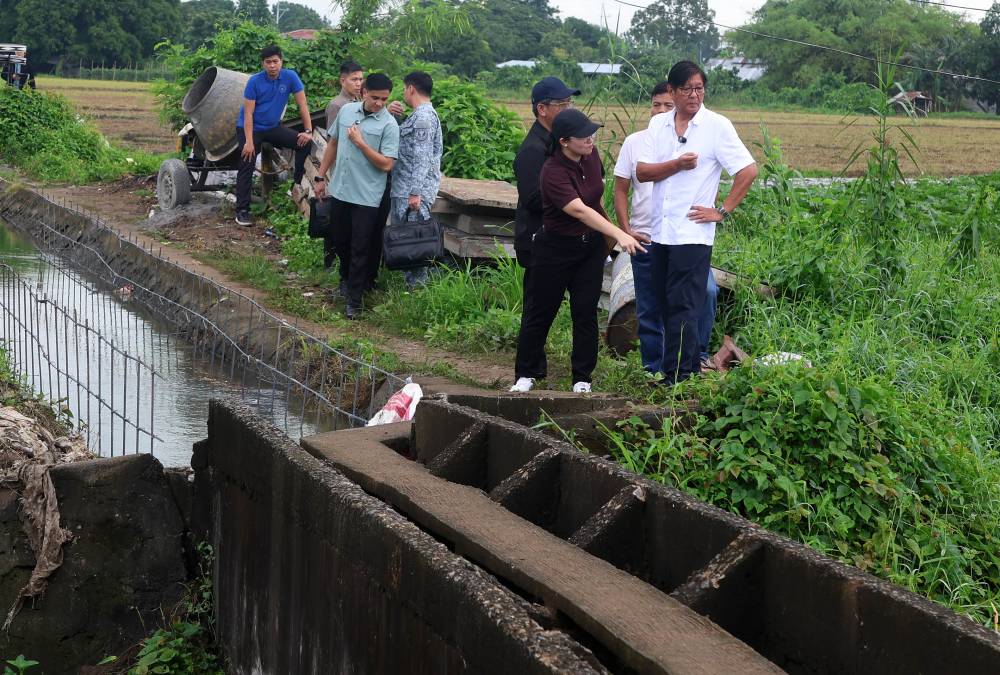
The Independent Commission for Infrastructure (ICI) and the Department of Justice (DOJ) on Monday said they would file cases in the coming weeks in connection with their investigation into anomalous flood control projects.
Retired Philippine National Police chief Rodolfo Azurin Jr., who took his oath on Monday as ICI special adviser, said in a press conference that the commission would begin a “technical validation” of 421 flood control works initially found to be nonexistent based on field investigation.
He said the commission was “trying to tap also the other engineers” besides those already enlisted to the investigation from the Department of Public Works and Highways (DPWH) and the Armed Forces of the Philippines.
The Criminal Investigation and Detection Group of the PNP and the National Bureau of Investigation will help in the case buildup resulting from the technical validation, Azurin said.
“The volunteers, they are welcome to help, because there are so much that needs to be validated,” he said.
Azurin said, however, that at least 15 cases may be filed before the Ombudsman in the next three to four weeks.
“[A]nd then it will be the Ombudsman who will be determining if there is sufficient evidence to charge those referred by the ICI, and then [these charges] will be referred to the Sandiganbayan,” the ICI adviser said.
Not satisfied with Discayas
DOJ officer in charge Fredderick Vida, in his first briefing in that capacity, said the department would file cases even without witnesses.
“The timeline is already set. The people are impatient. If we don’t find something satisfactory, we will file the appropriate cases, with or without the state witnesses,” he said.
Vida said the DOJ so far isn’t satisfied with the disclosures of Pacifico “Curlee” and Cezarah “Sarah” Discaya, the contractor couple in the center of the corruption scandal over the government’s flood control projects with private contractors.
“In the past few weeks, and even up to now, the department has not been satisfied with what they have presented,” he said.
According to their lawyer Cornelio Samaniego III, the Discayas delivered a “tell-all” testimony before the ICI on Sept. 30 about what they knew regarding the alleged anomalies in the procurement and bidding of flood control projects.
But Vida said the DOJ had yet to receive a copy of that supposed testimony.
“When you make a presentation, you’re telling a story, right? You’ll say, ‘On this day, I brought this amount of money to this [person].’ We have statements and testimonies that can be verified through factual and objective evidence. This is what we need to determine—whether it’s true or not, or if we’re simply being led to believe something that isn’t real,” he said.
Vida said the DOJ would evaluate further the Discaya couple’s testimonies to determine if these were made in good faith or if the couple were being “selective” about the personalities they have named so far.
‘Low-hanging fruits’
The DPWH said earlier that 421 out of 8,000 flood control works were suspected to be nonexistent or “ghost” projects. This was based on its initial field inspection conducted together with the AFP, PNP and Department of Economy, Planning and Development.
ICI executive director Brian Keith Hosaka, who was also at the ICI press briefing with Azurin, said the inspection found that 261 of the suspected ghost projects were in Luzon, 109 in the Visayas and 51 in Mindanao.
According to him, only 8,000 out of a total 29,800 flood control projects conducted since 2016 have been validated.
Hosaka said the ICI would “zero in,” for now, on the 421 alleged ghost projects.
“[T]he task of the commission is too broad and too large,” he said. “We will zero in [on these alleged projects] initially because… [they are] the so-called low-hanging fruit[s].”
He said “upon field validation, they really are ghosts—meaning, we did not see any projects.”
Hosaka said the ICI would still compile reports on other questionable infrastructure projects that might be referred to the commission, adding that “once the processing of flood control projects is fixed, then we will look into that.”
‘Reinforce’ ICI
Asked about the ICI’s capability to go after the so-called big fish, Senate President Pro Tempore Panfilo Lacson said the ICI needed “to be reinforced even to the point of empowering them with more legal authority by way of legislation.”
He said the commission, with its “lack of personnel and logical resources … will be overwhelmed by the magnitude and complexity of the problem it is facing, if [it is] not already overwhelmed.”
Lacson cited the uncertainty felt by residents of Provident Village in Marikina City over seeming defects in the Marikina dike, whose construction was handled by Discaya-owned companies.
“At the rate the number of substandard, uncompleted and even ghost infrastructure projects being attributed to the Discaya-owned firms keeps piling up, the ICI may not be able to cope with the complexity and enormity of the problem at hand,” Lacson said.
“Hence, the national government, including Congress must reinforce the commission with adequate personnel and logistical resources, even additional legal power and authority by way of legislation so they can accomplish their assigned tasks,” he said. —WITH A REPORT FROM TINA G. SANTOS














